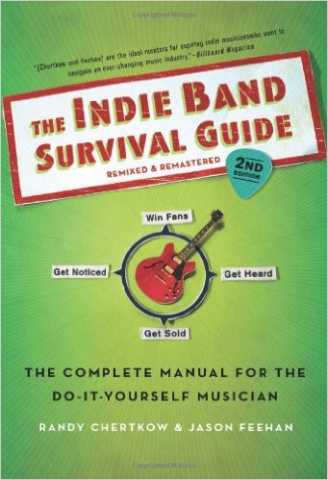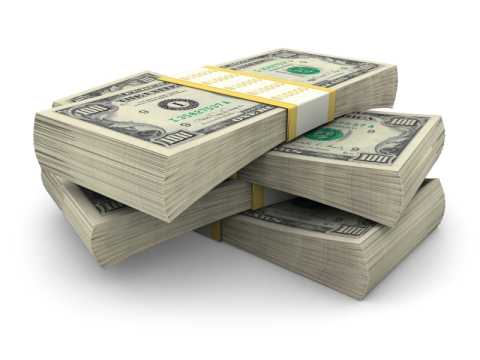In an age where digital platforms dominate music discovery, many artists overlook a powerful and consistent income stream — licensing music for use in commercial spaces.
Sound Exchange and The Recording Academy have partnered in advocating for legislation and educating the community about performance rights.
Introduced March 19, 2015 the Allocation for Music Producers Act or AMP Act (H.R. 1457) says this:
This week, the authors of The Indie Band Survuval Guide, Randy Chertkow and Jason Feehan, spoke at the Grammy Pro Business Summit in Austin. They gave an information-dense presentation of basically everything a band trying to make money needs to know.
Did you know you may have royalties from your music out there that noone can find you to pay you? SoundExchange is a non-profit entity that collects royalties for satellite radio, internet radio and cable television. They are the official entity that collects royalties for both artists and record labels in the United States. The SoundExchange website has a searchabel database of eveyone that is owed royalties.
"So, how can I make money with my music that ends up on YouTube?" a client asked me last week. I promptly told him I had no idea, but it probably had to do with getting tens of thousands of hits and then advertisers deciding they wanted to put ads on your chanel. . . I thought for a little whlie longer and decided it would be a great blog post because I'm sure there are many independant musicians that would love to know.
In part I of this article I left out one exclusive right under Copyright law. . . on purpose of course. It is Digital Audio Transmission.
Basically referring to the new online & Satellite transmission of recordings, specifically, STREAMING (streaming audio, subscription-based entities). Examples: Pandora Radio, Sirius/XM, Spotify, etc. . .
Before I continue, I wanted to mention briefly that I was just recently asked by a reader of this article of when should a writer expect to be paid his/her royalties. The music publishing industry works on a quarterly basis when it comes to getting paid. So for all royalties generated by the use of the song, the music publishers will receive royalty payments every quarter.
So lets chat more in detail about how and from what does the song make money from. How does the songwriter make; hmmm.....what’s that word again....ah yes, ROYALTY!!
SoundExchange is the non-profit performance rights organization that collects royalties from satellite radio, internet radio, cable TV music channels and similar platforms for streaming sound recordings. SoundExchangeis the sole entity in the United States to collect and distribute these digital performance royalties for artists, master rights owners, and independent artists who record and own their masters.




